When you hear the word ‘cholesterol’ — what does it make you think of?
Does it spark fear, concern or just confusion?
We’ve been told for years to keep our cholesterol levels in check and avoid certain foods that are high in cholesterol – hello bacon! It’s no wonder that we’re afraid of it.
And while it’s true that elevated cholesterol levels are a health concern, cholesterol should not be seen as the enemy.
In fact, our body actually requires it in order to function optimally. And, in order to understand this natural compound better, it’s helpful to know a bit more about WHAT IT IS and HOW IT WORKS in our body.
So, what is cholesterol?
This waxy, fat-like substance is found in your blood, and cholesterol (plus its derivatives) are important constituents of cell membranes, are found in most body tissues, and are precursors of other steroid compounds like hormones and bile salts for digestion.
There are 2 main sources of cholesterol:
One of them is from our very own bodies. Our livers manufacture the perfect amount of cholesterol that we need to function optimally.
The second source of cholesterol comes from our food – also called ‘dietary cholesterol’. It can be found in various animal sources including:
- meat
- fish
- eggs
- high-fat dairy products
What is the role of cholesterol in our body?
Although cholesterol often gets a bad rap, it is absolutely essential to maintaining good health.
Here are a few key roles that cholesterol plays in the body:
- Hormone Production including estrogen and testosterone
- Vitamin D Production
- Supports digestion through bile production
The good and the bad (and the slightly ugly)
Cholesterol only becomes a problem when our numbers (blood levels) get too high. That’s why it’s important to understand the role of both “good and bad” cholesterol in our bodies.
HDL: The Good Guys
Also called High-Density Lipoproteins, these are the GOOD type of cholesterol.
HDL’s take all of the excess cholesterol in the body and send it to the liver to process and be eliminated. This means that extra cholesterol will be less likely to stay in our body and clog our arteries.
When it comes to your blood work, a higher number on the HDL scale is a good thing!
LDL: The Bad Guys (who can get a little ugly at times!)
LDL’s (Low-Density Lipoprotein) are touted as the “bad” cholesterol since they work in the opposite way of HDL’s.
Instead of ridding your body of this extra cholesterol, LDL’s take cholesterol directly TO your arteries. Therefore, a high LDL number puts you at higher risk for clogged arteries, which can, in turn, lead to a heart attack or stroke.
What are the risks of high cholesterol?
One of the biggest issues with developing high cholesterol is that there are usually no symptoms whatsoever. The only way to find out if your numbers are elevated is a routine check-up with your Naturopathic Doctor or medical practitioner.
However, there can be serious consequences to developing high cholesterol such as:
- Atherosclerosis (narrowing of arteries caused by plaque buildup)
- Risk of blood clot in arteries
- Increased risk of heart attack
- Increased risk of stroke
Are YOU at risk for developing high cholesterol?
There a number of risk factors for developing high cholesterol — while genetics have been known to play a role, lifestyle habits are one of the largest contributing factors.
The following factors have been shown to increase the risk of high cholesterol:
- Heavy consumption of saturated fats and trans fats, as well as foods that are high in cholesterol (red meat and full-fat dairy products)
- Lack of exercise. Exercise can boost HDL naturally which can help to lower a cholesterol levels
- Smoking raises your risk for high cholesterol since it increases LDL levels
- Higher waist circumference –> men with a waist circumference of 40+ inches and women with a circumference of 30+ inches are at a higher risk.
How to keep your cholesterol in check, naturally
- Eat a heart-healthy diet including plenty of whole foods like fruits, vegetables, whole grains, poultry, fish, nuts, and seeds
- Reduce consumption of trans + saturated fats, and limit red meat + high-fat dairy (but choose high-quality cuts & products when you do consume them)
- Get moving! Just 40 minutes of exercise 3 times a week will lower cholesterol and reduce high blood pressure
- Quitting smoking will significantly decrease LDL and increase HDL
Additionally, CoEnzyme Q10 (Ubiquinol) is a powerful antioxidant that gives energy to the heart muscle cells and helps to lower blood pressure and maintain healthy cholesterol.
In fact, pharmaceutical treatments like statins (cholesterol-lowering medication) lower the level of Coenzyme Q10, leaving a serious deficiency of this important nutrient that is important for the whole body, not just the heart.
The truth about Dietary Fats and Cholesterol:
For many years, health professionals recommended following a low-fat diet to lower cholesterol. However, we now know that our bodies need fat in order to maintain overall health – and plenty of it.
But, what’s maybe most important to consider is the TYPE OF FAT we consume.
Monounsaturated fats are the best choice since they help to maintain HDL levels and reduce blood cholesterol – things like nuts, avocados, olive oil, sesame oil, and tahini or sesame butter.
Polyunsaturated fats are the next best choice (fatty fish like salmon, walnuts, and most seeds) since they reduce both LDL and HDL levels. But since it’s important to maintain HDL levels, these fats should be consumed less frequently than those that are monounsaturated.
Saturated fats and trans fats are the ones to steer clear of — found in most commercially baked and fried foods.
Not surprising is that overall maintenance of healthy cholesterol levels comes down to an overall healthy lifestyle. Eating a diet that is considered “heart healthy”, enjoying treats in moderation, and staying active will go a long way in keeping your cholesterol levels – and overall health in balance.
To incorporate some other “heart healthy” nutritional practices, be sure to read the article: Show Your Heart Some Love
CanPrev Recommends
References
American Journal of Epidemiology: The NHLBI Family Heart Study
Healthline: What is the Difference Between HDL and LDL Cholesterol?
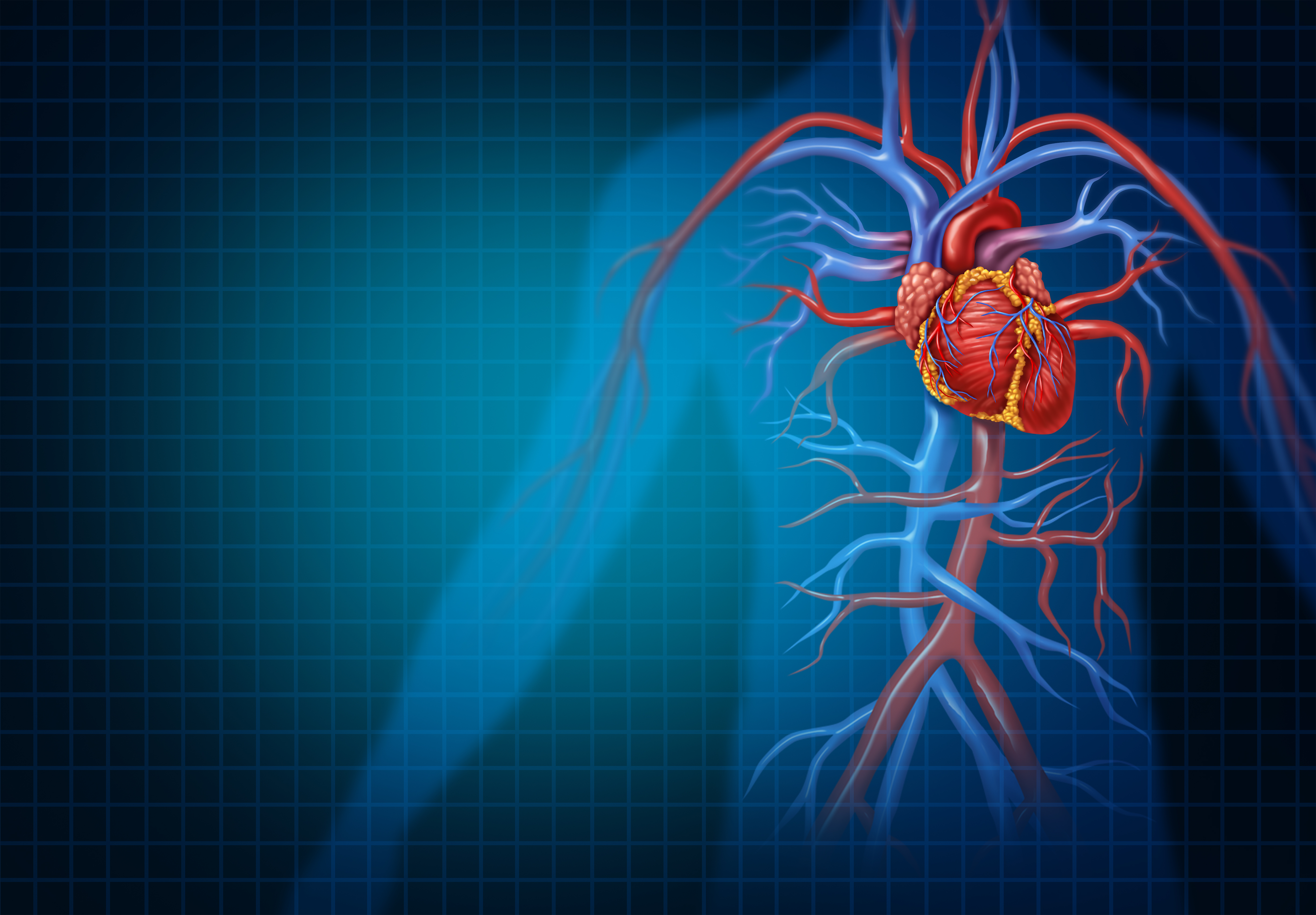
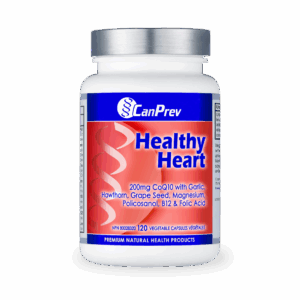
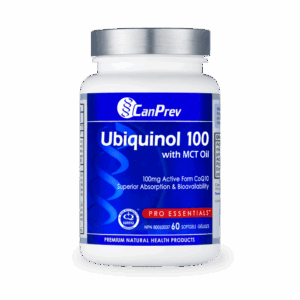
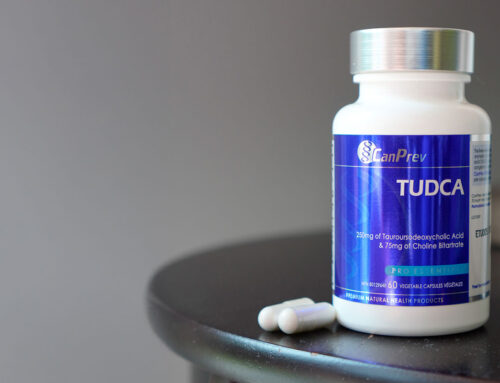
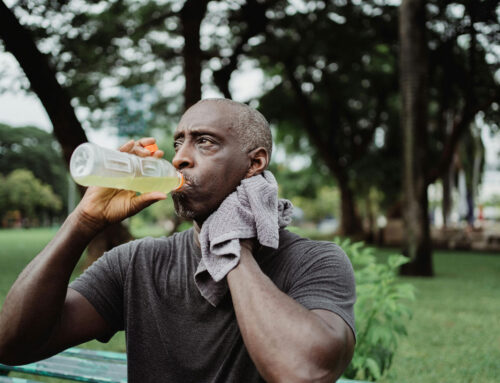
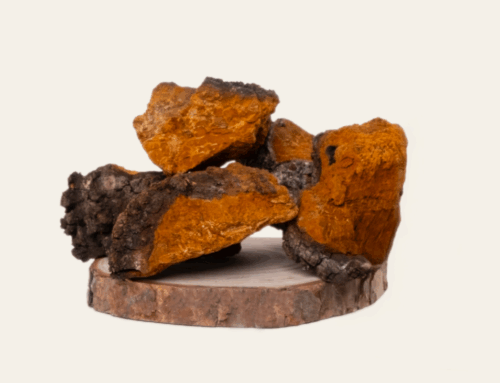

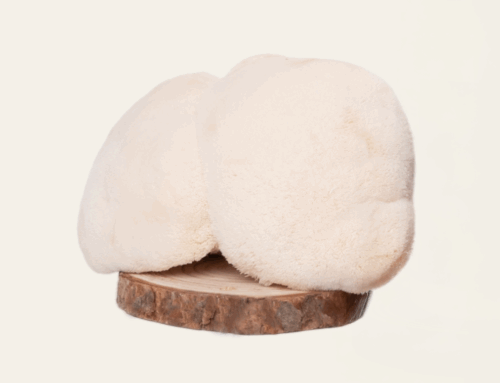

I appreciate your writing style and support you to produce something new and really indulging like this. I promise to come again to overcome my thirst for knowledge and skills.
I like your writing style and I promise to come again. My expertise is in health I appreciate your efforts